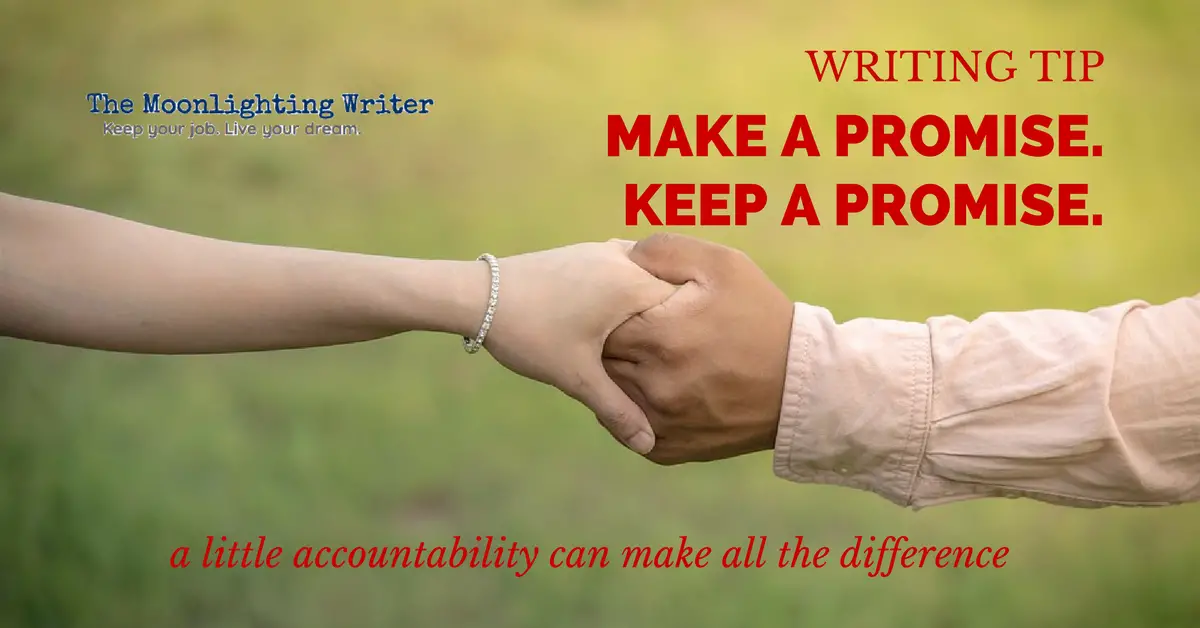[et_pb_section admin_label=”section”][et_pb_row admin_label=”row”][et_pb_column type=”4_4″][et_pb_text admin_label=”Text”]
There is little worse in this world than setting a goal that is really meaningful to you … and then blowing off the work required to achieve that goal.
You’ve looked yourself in the mirror and said, “This is part of who I am. I must achieve this to fulfill my life’s mission.”
That may sound dramatic, but why on earth would you set a goal in the first place if you didn’t hope achieving it would move you closer to your vision of the best you possible? You wouldn’t.
That’s why failure hurts so much — because you’ve missed out on a chance to become a better version of yourself. Failure is a natural part of life, though, and you can move on with your dignity intact if you know you gave it your all.
Excuses Kill Self Esteem
It’s when you make excuses and don’t put in the kind of effort you know you’re capable of that your self-esteem takes a heart shot. Every time you let yourself down like this, your self-worth ratchets down a couple of notches, whether you realize it or not.
Yet most of us repeat this cycle over and over — promise ourselves we’ll do something, “try” for a few days or weeks, give up when results don’t come quickly, slip deeper into mediocrity.
Every time around, we feel less worthy and capable of doing great things than before. And we set our sights lower.
The problem is that it’s just so darn easy to let yourself down when your goals are intensely personal and don’t have an overt impact on everything else happening in your life.
Miss your deadline for finishing that first novel? Hey, that’s OK as long as you’re still working and pulling in a paycheck to support your family.
Quit writing for a few weeks and whiff on your 1000-word-per-day goal when you start up again? No biggie … you still made it to all your kids’ programs, right?
And that’s the rub, really. From an early age, we’re groomed to please other people, even if it’s at the expense of our own desires and well-being. Putting others first is one of the hallmarks of a mature and thoughtful person.
It’s not such a bad thing, really, this selflessness, if you use it in the right context.
Yes, you should hold the door for other people even if it means you have to stand in the cold a few extra seconds. But should you really jeopardize your writing progress just to answer a silly question for your boss — on off hours, no less — or mow the grass one last time before the family get-together?
Debatable at best.
It’s hard to turn off this “instinct,” though, so most of us slog along doing the things we’re supposed to do but never really digging in on the things we NEED to do for self-fulfillment.
The good news is that there is a way around this contentious situation, and it’s sneaky good.
The answer in many cases is to trick yourself into thinking you’re working for others in order to achieve your goals.
How do you do that?
Make a Promise
Easy: make yourself accountable for your writing progress to those around you by involving them in the process. Tell them your objectives, share your deadlines with them, invite them to monitor you.
If you haven’t tried this yet, you’ll be amazed at how much having a bit of external pressure can ratchet up your writing focus.
Tell your son that you’re going to write one short story a week — and tell him that you’ll read it to him on Sunday night — and I can just about guarantee you’ll have that thing done and polished by Saturday at the latest. You don’t want to disappoint your son, do you?
Or your wife?
Or your mom?
Obviously, you don’t, which is why you break your back to keep your commitments to them day after day after day.
Make one of those commitments your own writing career, and you can serve both masters — you and the ones you love.
[/et_pb_text][et_pb_text admin_label=”Butt-In Seat Inline Opt-In” background_layout=”light” text_orientation=”left” use_border_color=”off” border_color=”#ffffff” border_style=”solid” saved_tabs=”all”] [et_bloom_inline optin_id=”optin_12″] [/et_pb_text][/et_pb_column][/et_pb_row][/et_pb_section]
